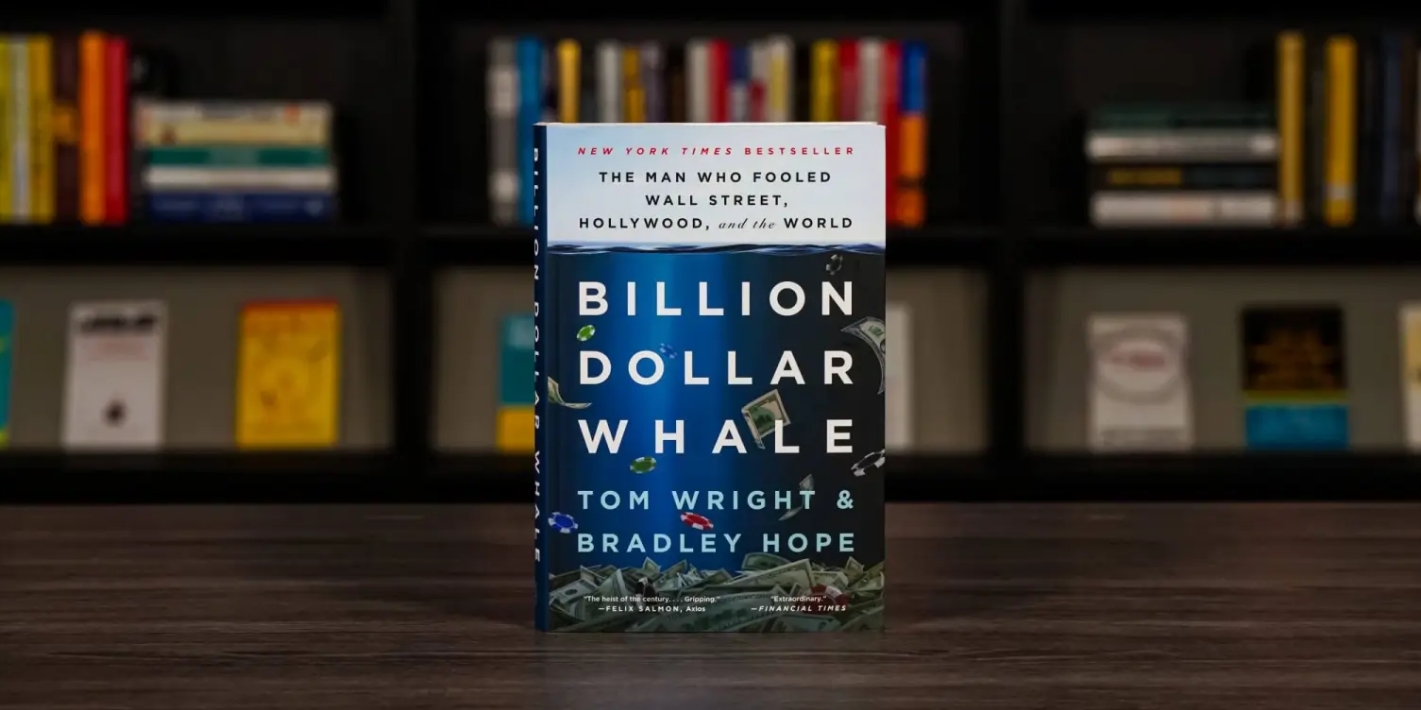Uber & Ola have finally found out that their long-term discounting campaign only helped in distorting the market. However, markets will eventually come back to normal and the fuel behind the discounting campaign (read: investor cash) will dry up as investors focus on the real numbers that drive a business i.e. profits & margins.
Many founders continue to be inspired by the discounting campaign tactic but the economist in me will tell you that long term discounting will cause more harm than do good for your venture. Therefore, any strategy that involves a discounting tactic should have a clear objective backed by an expiry date.
What is discounting?
Discounting is different than having a pricing advantage i.e. a cheaper cost base for providing a product/service. Discounting means that you have decided to take a cut on the margins that were promised by your business plans to achieve an objective. It could be to get rid of old inventory or to gain significant market share in a short span of time. On the other hand, a cheaper cost base allows the venture to provide the product/services at a cheaper price while maintaining promised margins.
Why are you discounting?
Discounting works best in a market where the product/service offered is homogenous and the customer will be inspired in choosing your offering over the others is a discount. Many founders use this example to defend a long-term discounting campaign but I counter that if your venture is a new entrant and it offers no other significant advantage over your competitors expect its deeply discounted price, then why are you entering that crowded universe when you have no other significant advantage?
Some founders will argue that discounting can also be used for snatching away market share as a new entrant in a crowded market or a market dominated by a few players. I can agree with that view and this may lead to a temporary influx of customers but those initial numbers are irrelevant. Only those customers who come back for a repeat purchase are important because they have made a shift in their buying habits because of what they experienced the first time they bought your product/service at discount and were motivated enough to come back and buy it at a full price.
What happens in most cases with founders is that they get scared of removing the discount because they will reveal the real numbers of the business which they themselves do not know nor want anyone else to know. Then that discount tactic becomes a strategy to distort investors perception and most importantly their own.
When should you use discounting?
The most important decision before embarking on a discounting campaign is the frequency you expect your customer to engage in the behaviour of buying the product/service whether it was from you or your competitor. Next you can figure out how many times a customer needs to buy from your venture so that initial discount pays for itself from future margins. If the answers to anyone of these questions is over a year, then the discounting strategy shouldn’t be pursued because the return on the investment in discounting is too far out for it to make profitable sense to pursue. Secondly the long period to profitability from discounting a customer has inherent challenges as many new entrants come into the market and the there is a risk of a change in customer behaviour which would lead to the entire investment in discounting becoming a complete loss.
Alternatively, if your average customer has the propensity to make multiple purchases from you in a year such that the initial or interim discounting campaign pays off quickly it makes economic sense to pursue a discounting campaign to attract the customer, gain the customers loyalty and enjoy the temporary increase in revenues.
Conclusion
Unfortunately, I continue to see business models & MIS reports that are pursuing discounting campaigns with scant regard for the economics of the campaign. These founders are revelling in the temporary high that the vanity metrics bring to them, blissfully unaware that the business is dying a slow & painful death as the discounts eat away at the foundations of the business.
If you as a founder are thinking about pursuing a discount campaign, please think through the economics of the campaign viz how will the initial discount pay for itself? how long will that take? what is the return of the investment in the discount? what is the probability of that achieving that return?
Without adequate thought and planning behind a discounting campaign you’re just gambling with your business and if you want to run a gambling business then open a casino.






